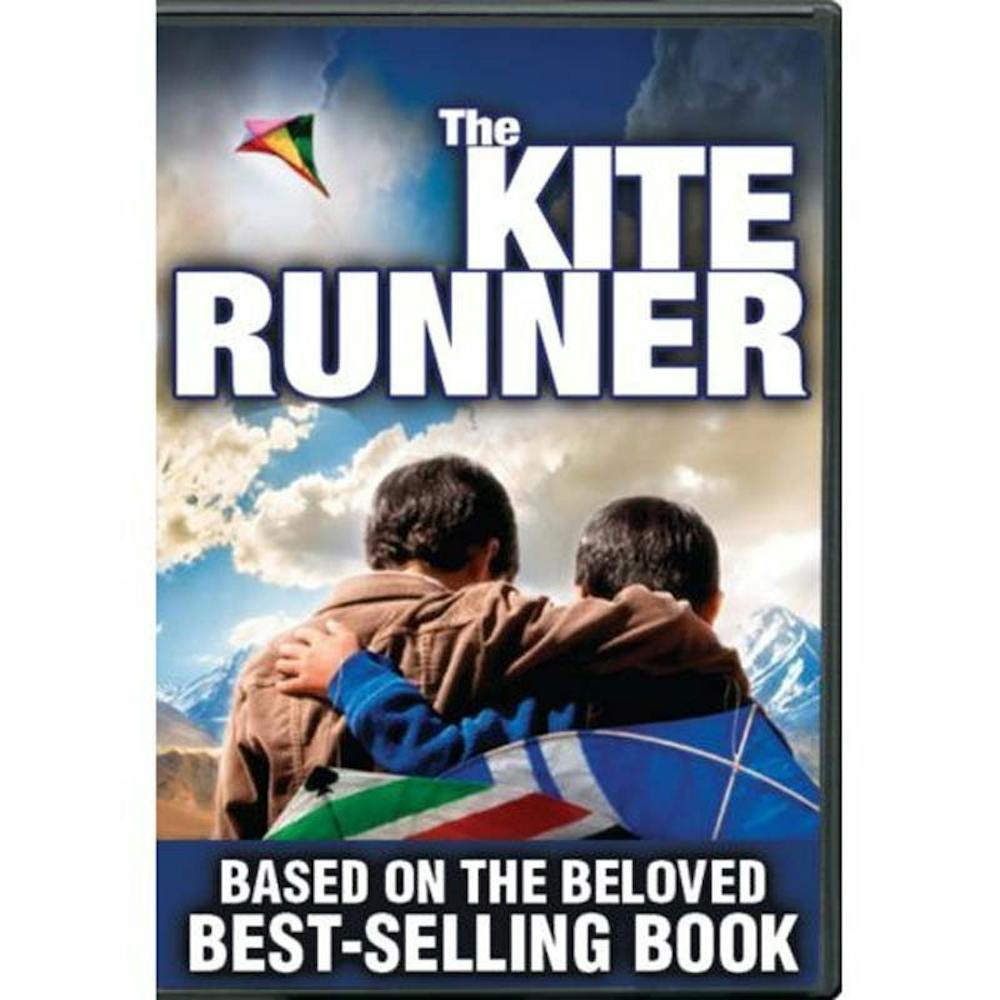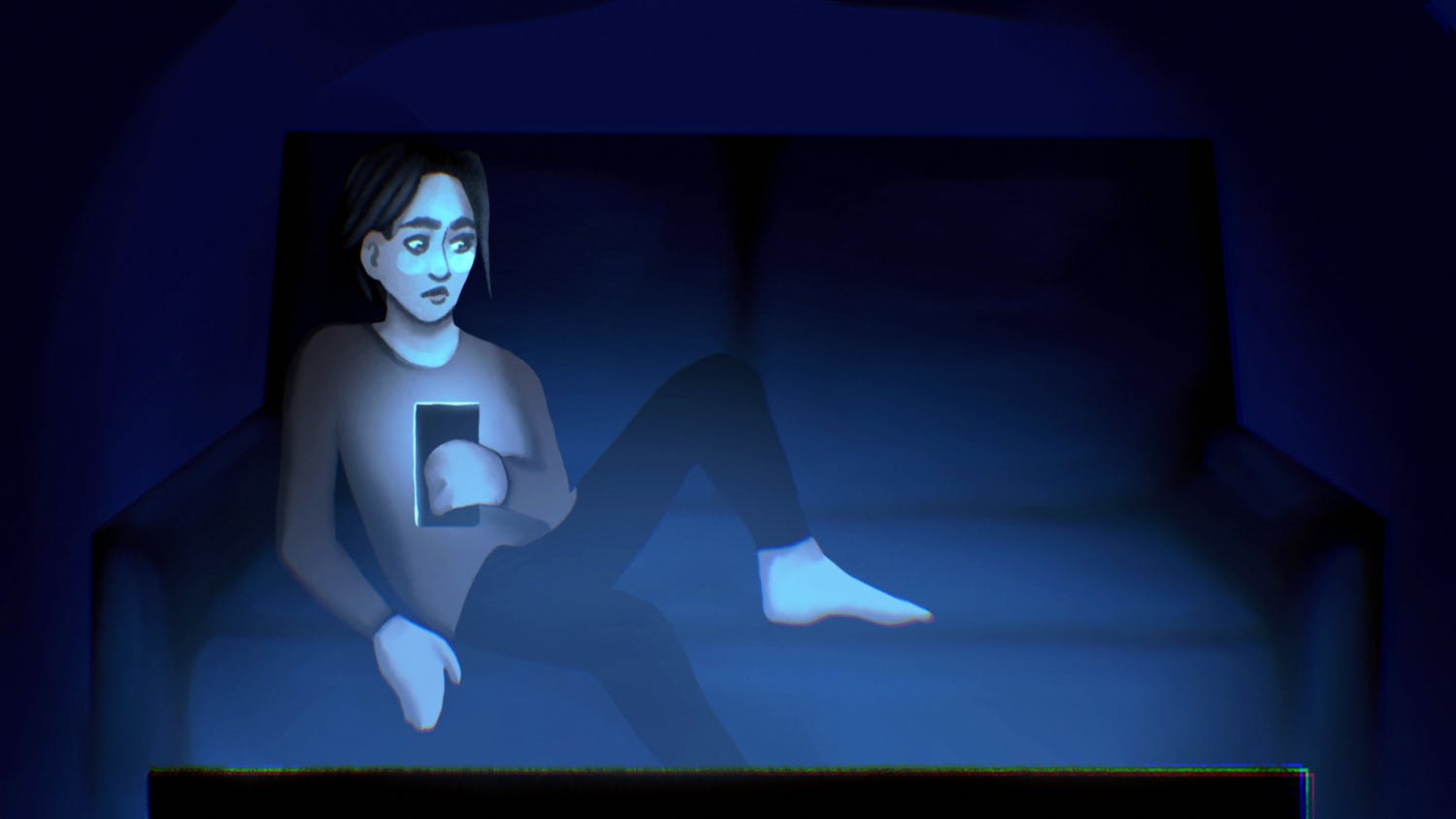Like last year’s “Atonement,” Marc Forster’s adaptation of the Khaled Hosseini novel “The Kite Runner” is a story about guilt from past mistakes haunting the present. But while “Atonement” offers a complicated and ambiguous response to the question of whether or not one can atone for past sins, “The Kite Runner” naively proposes that heroic acts make up for cowardly ones and the present forgives the past.
Set in the late ’70s in Afghanistan, the narrative of the “The Kite Runner” begins in a comparatively untroubled and sunny Kabul. Amir (Zekiria Ebrahimi), a young wealthy member of the ruling Pashtun ethnicity, and his best friend Hassan (Ahmad Khan Mahmoodzada), a Hazara minority and servant to Amir’s family, are devoted friends and kite-running enthusiasts.
The boy’s idyllic bond is shattered when neighborhood bullies harass and abuse Hassan while Amir secretly watches on. Instead of emotionally confronting the traumatic episode, Amir blames Hassan for the abuse done to him. Their friendship ends.
The boys are forever separated when Soviet tanks roll in to back the Afghan Communist party in 1979. Amir and his wealthy anti-Communist father (Homayoun Ershadi) flee to Pakistan and then to America.
In America the film abandons focus and instead plods along important points of Amir’s. Old Amir, played by Khalid Abdalla, is wooden and uncompelling. When he is obligated to visit an ailing family friend in Pakistan, one can only hope Amir will tragically and unexpectedly die so as to end the meandering plot.
But that doesn’t happen. Instead, a veritable barrage of cliches are paraded out for the remaining portion of the film. Amir has a moral epiphany, decides to atone for his past mistakes by heroically saving Hassan’s son from Taliban pederasts, then brings the boy back to America so he and his loving wife can raise him.
The film grapples with complicated issues of bravery and cowardice, loyalty and desertion, past and present. But in the end, it only sets up a simple formula: For every past mistake, there is a future opportunity to redeem oneself. If only life were that simple.
Not adequate atonement

Get stories like this in your inbox
Subscribe





